|
Episode 86: Welcome to the Equestrian Author Spotlight podcast! In each episode, you’ll hear inspirational stories from horse book authors including writing advice and marketing tips to help you write your own horse book. If you are an author, aspire to be an author, or simply love horse books, then you are in the right place!
In this week's episode, you'll meet James C. Nicholson. You'll learn ...
Watch James C. Nicholson's Interview on YouTube!Or listen to the audio version.About James C. Nicholson
James C. Nicholson is the author of numerous books including The Kentucky Derby: How the Run for the Roses Became America's Premier Sporting Event, Never Say Die: A Kentucky Colt, the Epsom Derby, and the Rise of the Modern Thoroughbred Industry, and The Notorious John Morrissey: How a Bare-Knuckle Brawler Became a Congressman and Founded Saratoga Race Course. He lives in Versailles, Kentucky.
James C. Nicholson Interview Excerpt
Carly: Tell us how your relationship with horses began?
Jamie: I grew up on a Thoroughbred farm in Lexington, Ky. It was my grandparents’ farm, but my family lived adjacent to it. I also had a friend whose grandfather and uncle trained American Saddlebreds, so I had a chance to ride at their barn a little bit. But when I was very young, horses were just always around, part of the scenery. As a teenager I started working on the farm summers and Saturdays. I mostly worked on the maintenance crew, but during the summers I would help out with preparing yearlings for the September sales. One summer in college I worked as a groom for a Thoroughbred trainer in Ireland, and I’ve had a variety of work in and around the Thoroughbred industry most of my life since then, including my current job in equine insurance. My wife shows hunter-jumpers, but an occasional trail ride is more my speed. Carly: You received a PhD and JD from the University of Kentucky, practice law, and teach US history in Lexington, Kentucky. What compelled you to write about the Thoroughbred racing in particular? Jamie: I was in my first year of graduate school at the University of Kentucky and needed a topic for a paper. The professor encouraged us to pick a subject of local significance, basically because they’re easier to research. He suggested I do something about the UK men’s basketball team. I liked the sports angle, but I decided to try to answer the question of why the Kentucky Derby became a big deal, both culturally and as a horse race. That paper eventually became my first book. I hadn’t intended to write about racing, it just happened more or less by accident. But I found myself returning to the subject because of what it can tell us about American society and culture. I’m not aware of any other sport, or any other area of American history, that involves so many different kinds of people from so many different backgrounds.
Carly: You are the author of numerous books including:
Jamie: The Kentucky Derby explains how and why that race became an important piece of Americana. Conventional wisdom held that “Colonel” Matt Winn, the longtime manager of Churchill Downs, was a master promoter and that he kind of willed it into success. But the story was more complicated. The Derby’s rise to cultural prominence was due in part to the fact that racing survived in Kentucky in the early twentieth century when most other states banned it during a wave of anti-gambling reform. That was also a time when Kentucky was becoming a popular tourist attraction for reasons explored further in the book. Never Say Die tells the story of the first Kentucky-bred winner of the Epsom Derby, England’s greatest horserace. That colt was born on my grandfather’s farm, and his name was a reference to his difficult birth, which included a drink of whiskey to perk him up when he remained groggy and was having difficulty getting to his feet. There’s also a connection between Never Say Die’s historic win and the early history of the famous British rock band the Beatles, which is a good story in itself but probably too long to summarize here. So that book weaves a number of threads together to explain how a Kentucky-born colt’s win in England helped to transform international Thoroughbred racing and breeding at a time when English racehorses were still widely considered to be far superior to American-breds. The Notorious John Morrissey started as an attempt to explain the enduring allure of the racetrack at Saratoga Springs, New York, what is, by some measures, the oldest sports venue in America. Morrissey had immigrated from Ireland as a child in the mid-1800s. He became the American heavyweight boxing champion, a gangster, a professional gambler and casino operator, and, later, a US congressman. He founded the racetrack in Saratoga as a way to increase business for his casino there. He lived a remarkable life, but his contributions to the sport of horse racing had largely been forgotten, in part because, in the face of reformers’ efforts to have the sport banned, racing’s leaders did not want to emphasize any past connection to the criminal underworld. Carly: Your newest book is Racing for America: The Horse Race of the Century and the Redemption of a Sport. Tell us about your latest book. Jamie: Racing for America tells the story of the 1923 intercontinental showdown at Belmont Park in New York City between the Kentucky Derby champion named Zev, and Papyrus, that year’s winner of England’s Epsom Derby. It was the first time two such high-profile horses had represented the United States and Great Britain in a match race. This book examines the lives and careers of the major players, human and equine, involved in what was then dubbed “the race of the century,” including Zev’s owner Harry Sinclair, an oil tycoon who was being investigated by Congress for his role in the notorious Teapot Dome oil scandal. Despite Sinclair’s personal struggles, the Zev-Papyrus race helped give horse racing widespread positive exposure in newspapers at a time when the sport was just starting to recover from reformers’ attempts to end horseracing in the United States. More broadly, the book provides an interesting glimpse into American society and culture in the Roaring Twenties. Carly: How do you research your books? Jamie: It depends on the subject, but my research typically includes many hours in the Keeneland Library in Lexington, which houses a tremendous collection of trade publications and institutional records. I also use old newspapers, from microfilm or digitized archives for some broader perspective, as well as secondary sources for historical context. Carly: Did you discover any surprising information while conducting your research on your latest book? Jamie: The race between Zev and Papyrus probably received more publicity and hype than any sporting event in American history to that time. But Zev was quickly forgotten by American sports fans, at least in part because of the sins of his owner, which is a reminder that what seems important today isn’t always what will be remembered by history.
Carly: In the history of the Triple Crown, only 13 horses have won all three races. What are your thoughts on the Triple Crown and what do you think it takes for a horse to win all three?
Jamie: The Triple Crown is something of an anomaly in American horse racing in that it is the only time most of these horses will be asked to run as far as a mile and a half, and certainly the only time they will be asked to run that far with such a short amount of time between races. It certainly takes a special horse to win the Derby at a mile and a quarter, the Preakness two weeks later at a mile and three-sixteenths, then the Belmont at a mile and a half three weeks after that. Obviously, to win any of the Triple Crown races, let alone all three, a horse needs speed and stamina. But it also needs precociousness, to be ready to begin training and building a foundation of fitness by the end of its two-year-old year. It needs soundness to be able to withstand the rigors of the Derby prep races and Triple Crown season without any major physical setbacks, from late winter to early June. It also requires athleticism to be able to leave the starting gate cleanly and to avoid traffic trouble. And, finally, it helps to have a bit of luck not to be born in the same year as another Triple Crown caliber horse.
Carly: Your book is traditionally published. Tell us what it was like working with The University Press of Kentucky.
Jamie: My experience with University Press of Kentucky has been great. Every author’s needs are somewhat different. But, like other traditional publishers, UPK takes a lot off an author’s plate, including production and cover design, hiring a copyeditor, providing early suggestions for improvement, and marketing assistance. And, superficially, they produce a very nice-looking book. Unlike traditional commercial presses, academic publishers require authors’ manuscripts to pass a peer review process, which some writers might see as just another obstacle to publication. But it can be a helpful tool. For many authors, particularly fiction writers, or people who want to publish only e-books, the traditional publisher route might not be necessary or even advisable. The downside to all the help that traditional publishers provide is that the publisher keeps the great majority of the revenue generated from book sales. But UPK has been a very good fit for me. Carly: What do you wish you had known when you started out? Jamie: I wish I had known how valuable it is to read as much and as widely as you can, to pay attention to structure and organization, to look closely at how your favorite writers use language in their own ways to effectively communicate. I wish I’d been taught to be a more engaged and knowledgeable reader, to participate in literary circles either in person or online. Not that there’s anything wrong with just reading a book because you enjoy it, but I don’t think I fully appreciated how crucial active readers are to the literary community. Readers and writers are two sides of the same coin, and it takes both to give books life.
Carly: What is the hardest part about being an author?
Jamie: For me it’s the necessity of self-promotion. I have a generally shy disposition, which I can usually push to the side when necessary. But then there’s also the challenge of being a historian trying to balance writing for an academic audience and a broader readership. On one hand, I need to maintain objectivity and detachment, but on the other hand I want people to actually read the book. I tend to have a hard time saying, “You should read this story, it’s really great!” I would guess that a fiction writer might not have the same problem. Carly: What is the best part about being an author? Jamie: It’s a good feeling when someone tells me that they enjoyed something that I’ve written. Especially when it’s not a friend or family member. It’s nice to be able to think that I might have broadened someone’s understanding of one small corner of the world even a little bit. It’s also fun to be able to put a book that I’ve written on the bookshelf – it’s like a participation trophy, or a small tangible reminder of the time and effort that went into its production. Carly: What is the one common myth about writing a book that you want to debunk? Jamie: Thanks to resources like this podcast, and other websites, blogs, and how-to books, I would think people can find information on the book world much more easily today than they could just a few years ago. But the idea of writing a book probably remains more daunting than it should. I hear people say that they could never write book. They envision having to crank out hundreds of pages, which does seem like a lot. But everyone has written a couple of pages for one reason or another, and a book is just a series of smaller sections. The bigger challenge is coming up with an idea or a story that can keep a reader’s attention for more than a few minutes. I would also think that people probably underestimate how important editing is to the writing process. It would be easy to assume that a book is finished when an author types the last sentence. But in my experience, that’s really where the work begins. It’s through many rounds of editing that most writers turn an average book into a good one, or a good book into a great one. Connect with James C. Nicholson
Website: https://www.jamescnicholson.com/
Facebook: https://www.facebook.com/jamienich Twitter: https://twitter.com/nicholsonjamesc Instagram: https://www.instagram.com/nicholsonjc/ Books by James C. Nicholson
Please note: This post contains affiliate links. If you choose to buy any books featured, I will receive a small commission at no extra cost to you. These affiliate purchases help with the upkeep of the podcast. Thanks for your help keeping this site running.
Listen to other spur jingling author interviews!
Make sure you never miss a show by subscribing on YouTube or Apple Podcasts. This podcast is made possible by listeners like you. I appreciate your support!
Want a free guide to secrets of horse book authors? Gallop over to https://www.carlykadecreative.com/wisdom.html and join the Equestrian Author Spotlight email list to have the author advice resource delivered instantly to your inbox. About Your Host Carly Kade
Carly Kade is an award-winning author, horse owner, creativity coach, and the host of the Equestrian Author Spotlight Podcast. She helps fellow writers start, grow, and expand their author careers. Creative writing makes her spurs jingle!
Carly's In the Reins equestrian romance book series was written with horse lovers in mind, no matter which discipline they ride. The horses are as vital to moving the story forward as the human characters are. These books are perfect for poolside reading, taking to the beach, or settling down with after a day of horseback riding. Comments are closed.
|
Books by Carly KadeBook TrailerAuthor InfoCarly Kade writes for anyone who loves horses, handsome cowboys and a great romance. Creative writing about horses makes her spurs jingle! Archives
October 2023
Please note: This website may contain affiliate links. If you choose to buy any books featured, I will receive a small commission at no extra cost to you. These affiliate purchases help with the upkeep of the podcast. Thank you for your support in keeping this site running. |
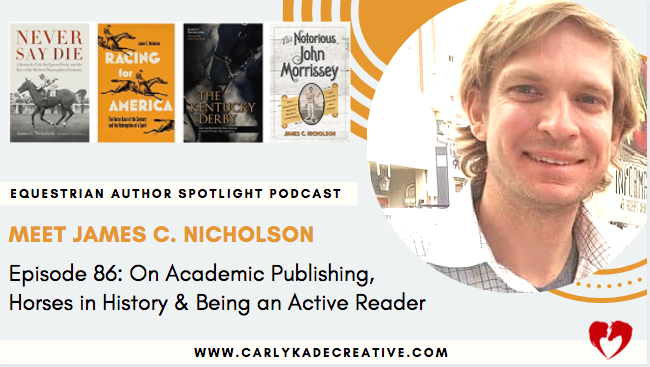

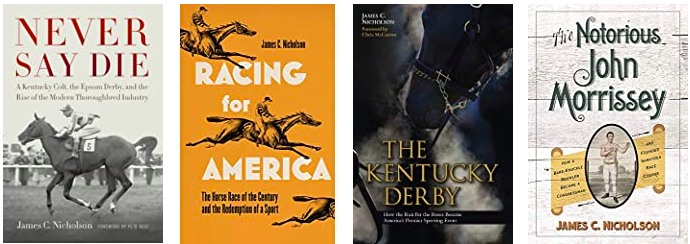
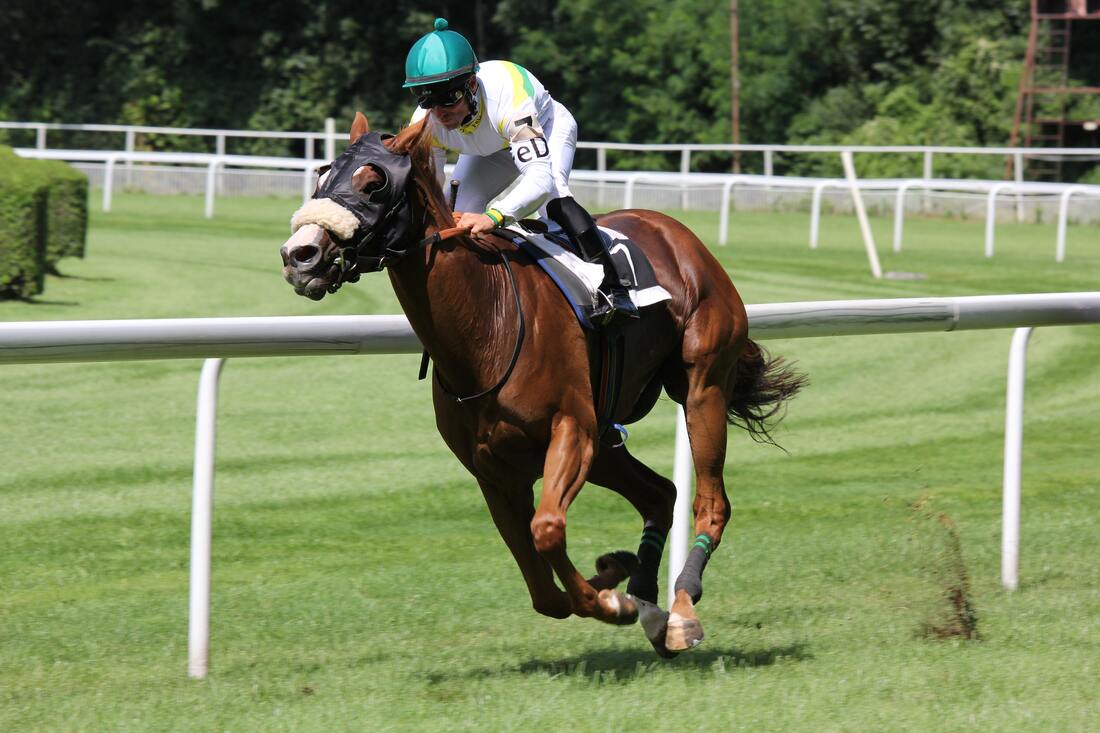
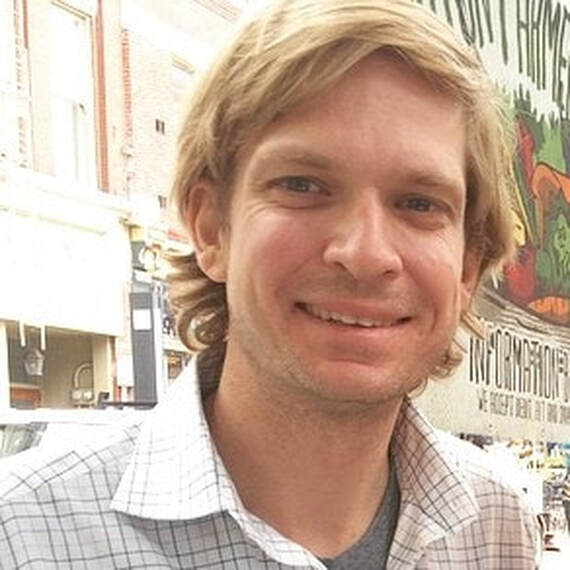
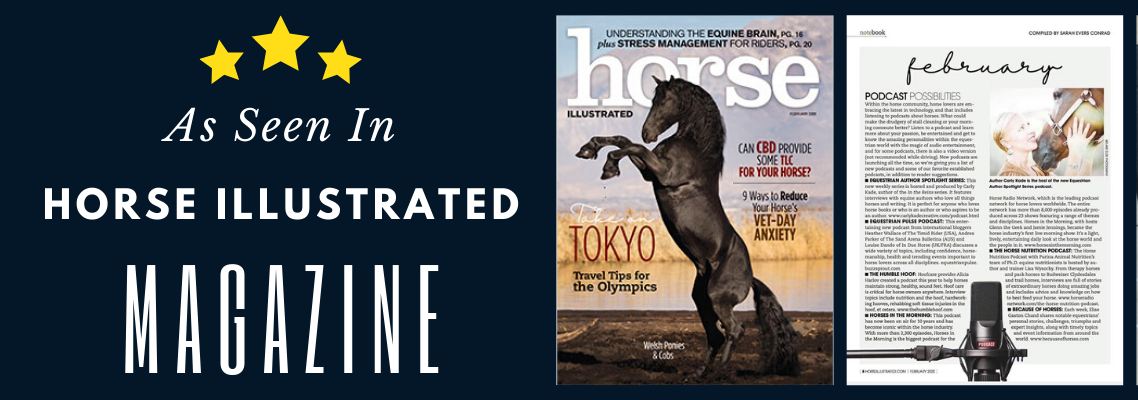
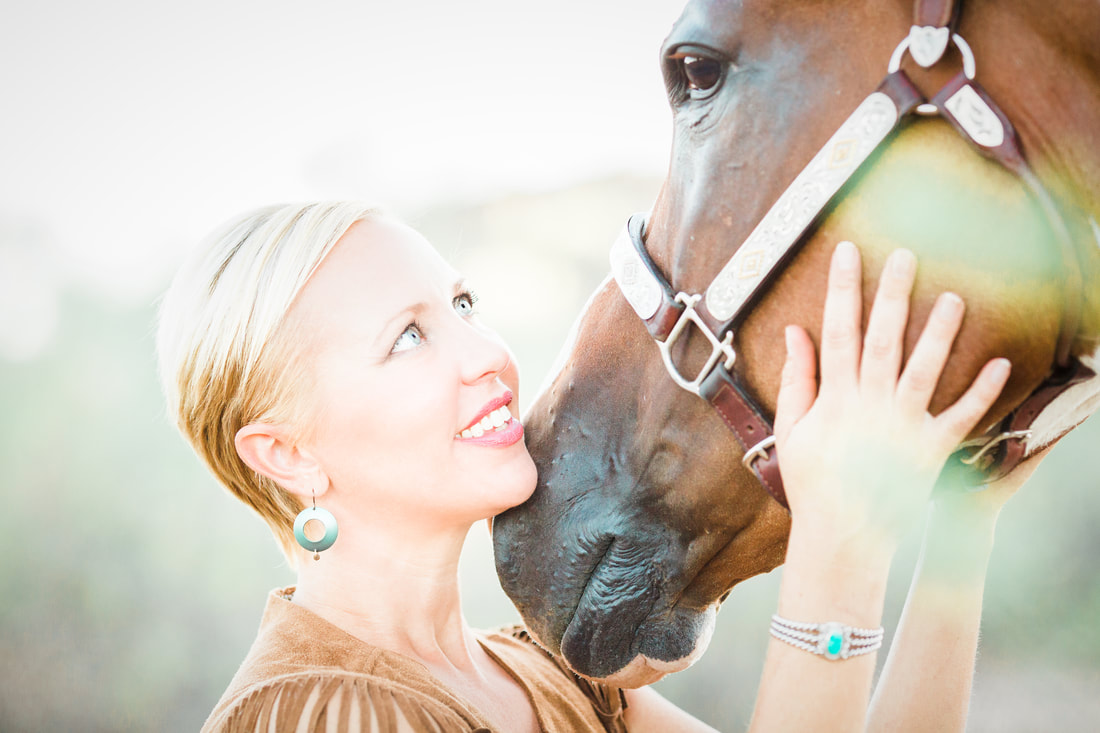
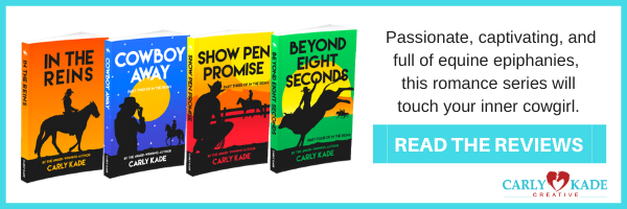


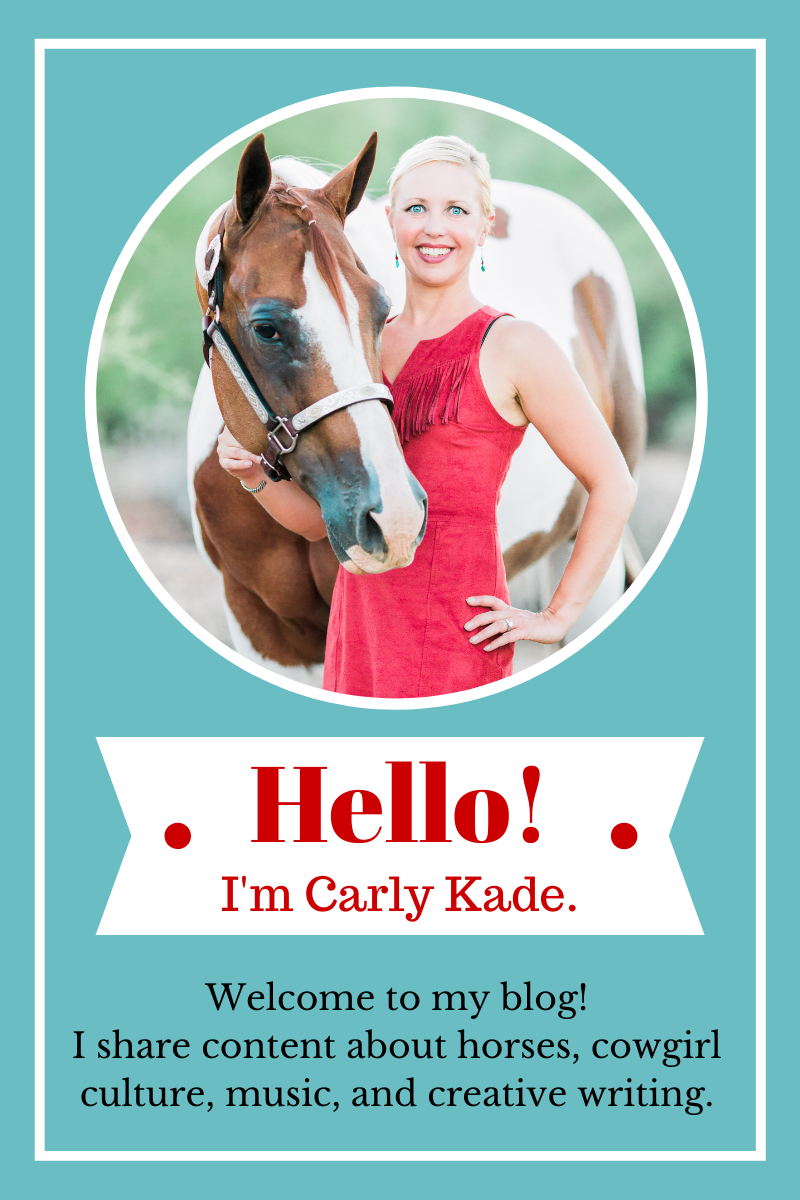
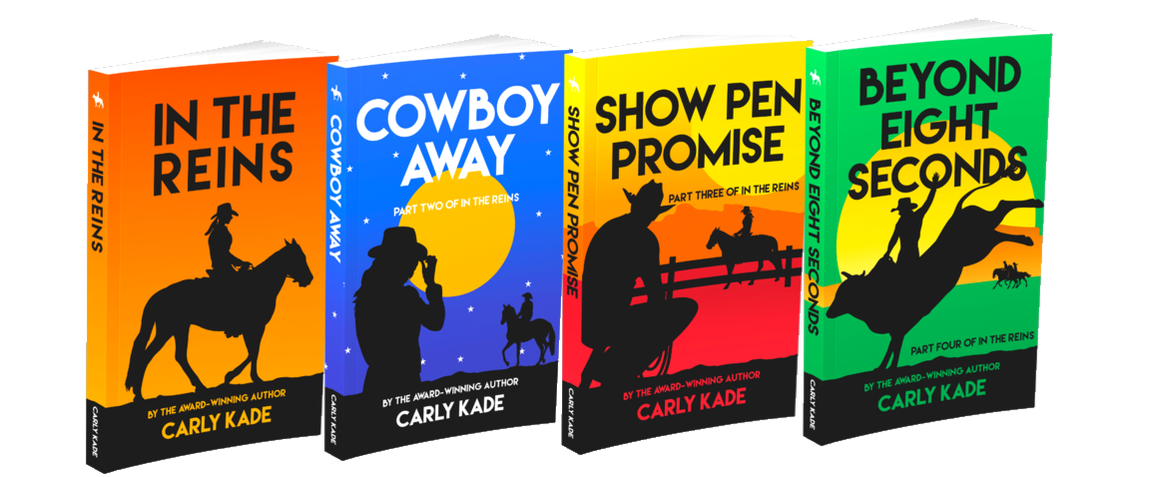
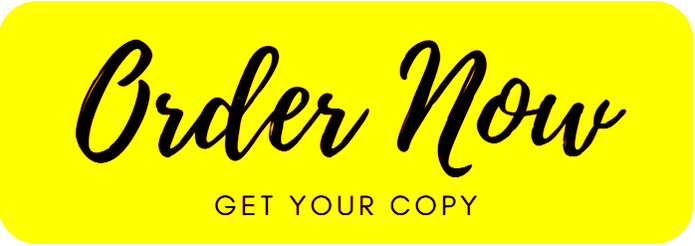
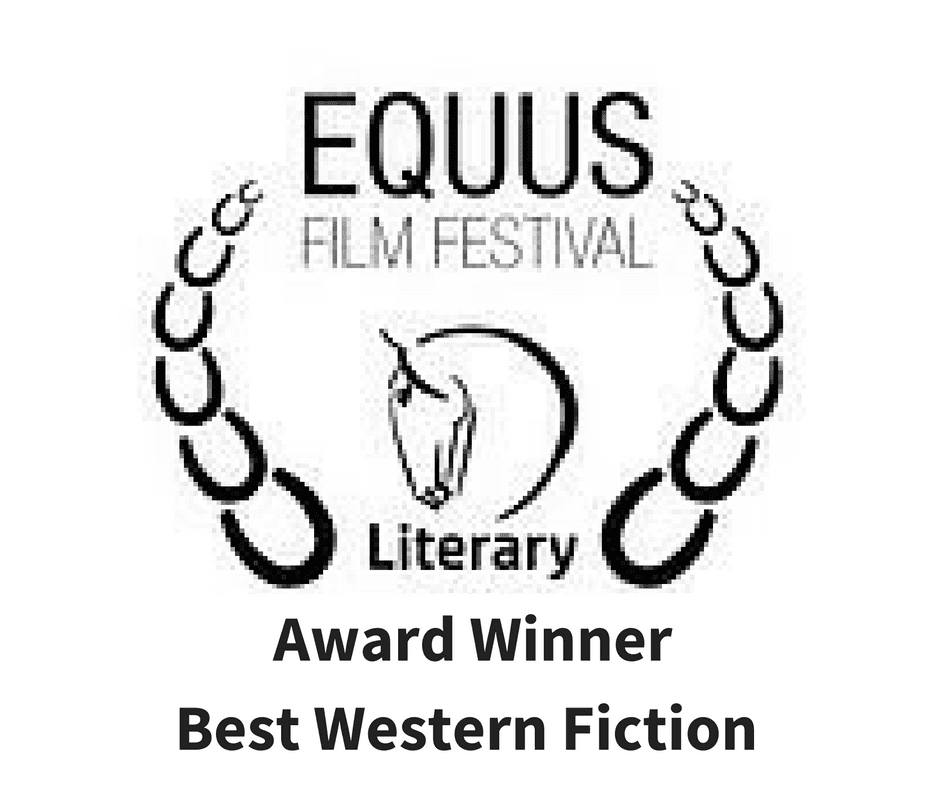
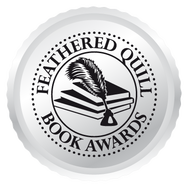
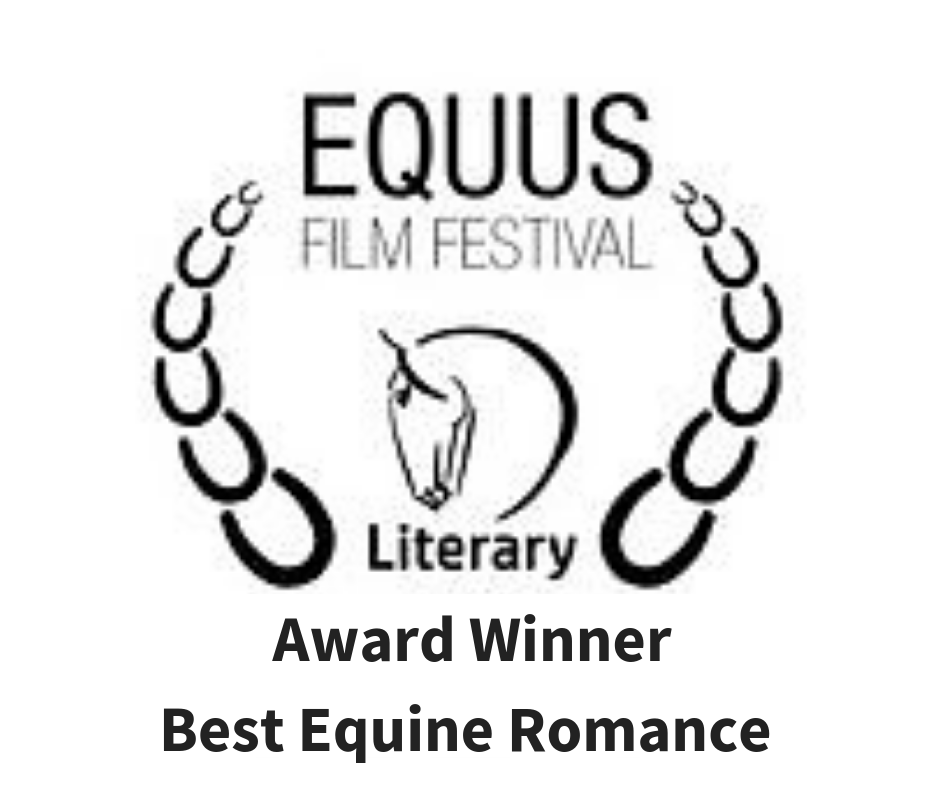
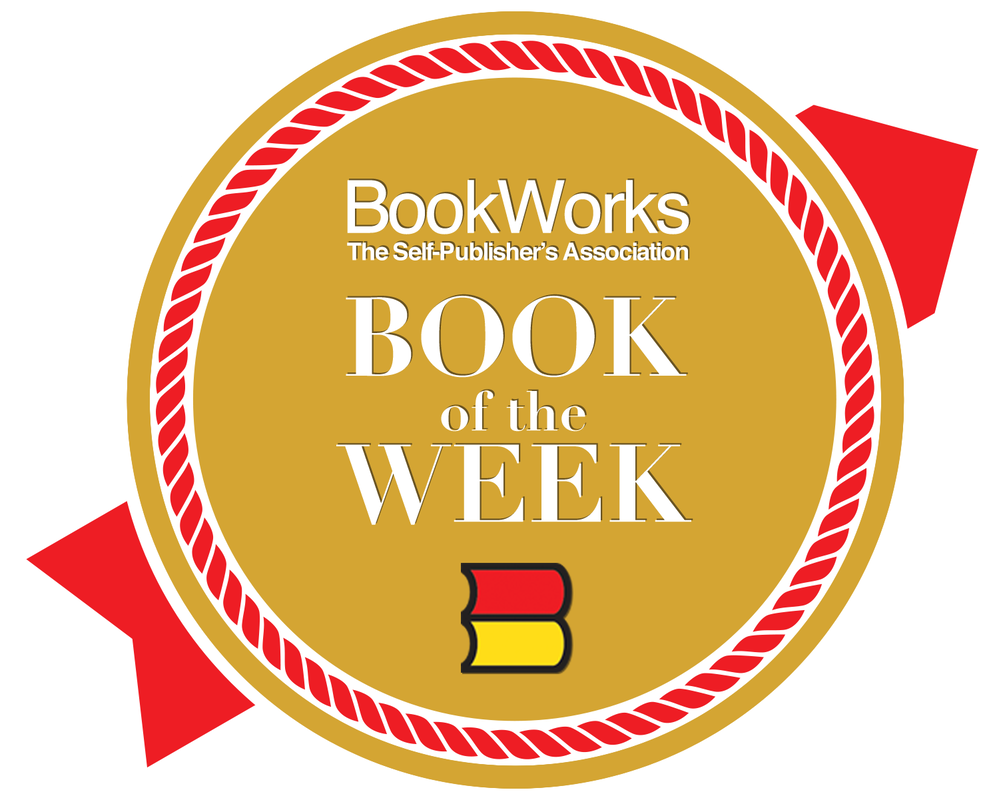
 RSS Feed
RSS Feed